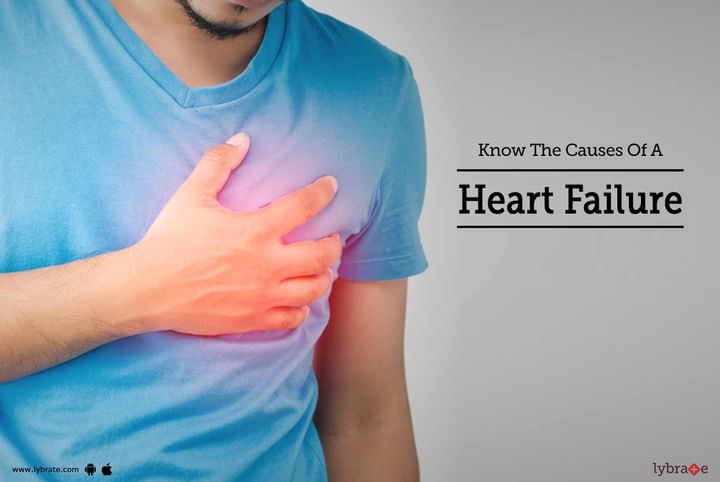Know The Causes Of A Heart Failure
Heart’s function is to pump blood throughout the body, and supply essential nutrients and oxygen while removing the harmful toxins and wastes. Certain conditions may interfere with the ability of the heart to pump blood like clogging in one of the artery or arteries. Devoid of blood and the essential nutrients, the other vital organs soon may start to lose strength.
There are many who suffer from heart failure, with males being more susceptible than females. In some cases, such as Congestive Heart Failure, the blood may move back into the liver, abdomen, lungs or the lower extremities, thereby, congesting the organs. Depending on the extent of the damage, a heart failure can be chronic or acute. Certain conditions that trigger a heart failure are irreversible, which makes it even worse.
Factors that can trigger heart failure include:
- Cardiomyopathy: It occurs due to unhealthy lifestyle practices such as drug abuse, uncontrolled drinking and smoking. These unhealthy habits will sooner or later harm your heart, damaging the heart muscles, with heart failure being an obvious consequence. Cardiomyopathy can also be an outcome of some infections.
- Heart attack: In some cases, heart failure may be triggered by a heart attack. A heart attack can damage the heart muscles which in turn, can affect the normal functioning of the heart to a great extent.
- Hypertension: There is a serious relationship between heart failure and high blood pressure. High blood pressure may make the heart muscles rigid and weak. Thus, the heart may fail to pump the blood as effectively as it should. With time, the condition will only worsen and could result in heart failure.
- Myocarditis: It is an inflammation of the heart muscle and can affect your heart muscle and your heart's electrical system, which could reduce its ability to pump and cause rapid or abnormal heart rhythms.
- Coronary artery disease: This is believed to be a major contributor, triggering heart failure. Here, the arteries responsible for supplying the heart with blood and oxygen may become damaged. There may be a blockage, the artery may also narrow down or become hardened (a condition called as atherosclerosis). As a result, the heart will receive a reduced flow of oxygen and blood, causing a heart failure.
In addition to the above mentioned conditions, congenital heart disorders, diabetes, thyroid problems, HIV, or heart arrhythmias, among others can also be responsible for heart failure.
So, best is to get your check ups done regularly and say no to unhealthy lifestyle practices like smoking, eating junk, no physical activity and so on.


+1.svg)
